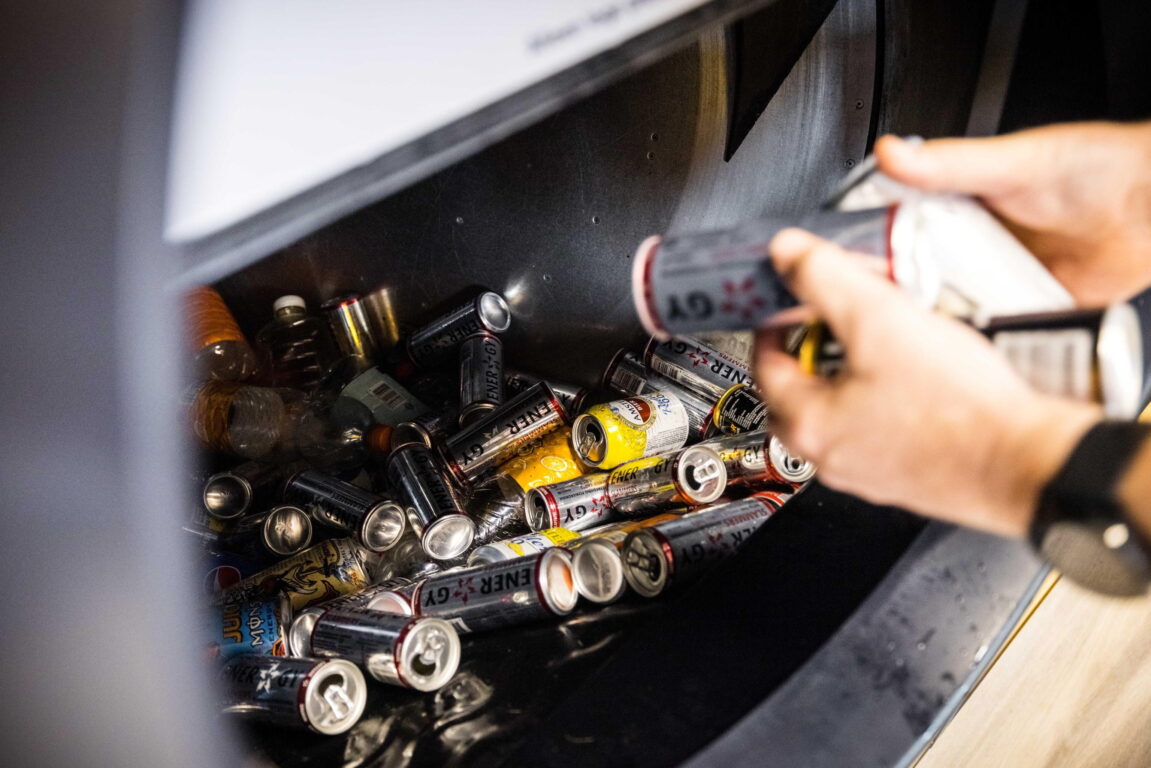Agreement has been reached in Europe on the controversial proposed Packaging and Packaging Waste Regulation (PPWR). Yesterday 4 March, the EU Council and the European Parliament reached a provisional agreement on this measure, which aims to reduce packaging waste and make it more sustainable. The final version of the regulation leaves the Italian government only half satisfied. “As Italy, we have managed to mitigate the obligation to resort to reuse when there are no real environmental reasons,” commented Environment Minister Gilberto Pichetto. At the same time, the owner of Mase affirms that “negotiations are still ongoing” and, while waiting for the final text, “the Italian government continues to forcefully advance” its position. The agreement reached yesterday in Brussels between the Parliament and the Council in reality only represents a political step. But “it’s quite rare,” explains one Open an EU official, “that a provisional agreement will be disavowed in the following stages”.
What does the regulation provide?
Packaging and waste
The regulation discussed yesterday by the European institutions asks Member States to reduce packaging waste by 5% by 2030, 10% by 2035 and 15% by 2040. Furthermore, from 1 January 2030, certain packaging will be banned throughout the European Union. single-use plastic formats. Examples ? Those for fresh fruits and vegetables, packaging for food and drinks consumed in bars and restaurants, certain individual portions of sauces and condiments or miniature products for hotel toilets. There are, however, certain exemptions, requested by Italy and included in the final text: these prohibitions, in fact, do not apply to compostable plastic packaging and composite packaging. From 2030, ultra-light plastic bags (less than 15 microns), which can only be used for hygiene reasons or as primary packaging of bulk foods, will also be banned.
Order
The new regulation also requires that, by 2029, Member States ensure the separate collection of at least 90% of single-use plastic bottles and metal drinks containers. For this packaging, countries will have to put in place so-called packaging systems security deposit (Deposit Return System). When the consumer buys a drink, he will have to pay (in addition to the sale price of the product) a small deposit, which will be fully refunded when he returns the empty bottle to a special collection center. This mechanism is already a reality in some European countries, while others, such as Italy and Spain, will have to work hard to catch up. To avoid having to introduce a deposit system, Member States will have to demonstrate that they have achieved a separate collection rate of more than 80% by 2026.
Takeaway and tap water
Among the main innovations of this provision, there is also the obligation for bars and restaurants to offer customers the possibility of bringing with them their own containers to fill with drinks or cooked meals, at no additional cost. The same applies to the consumption of tap water, which must be encouraged by Member States in all bars, restaurants and canteens.

Italy's battle to change regulations at the last minute
The version of the provision published by the European Parliament had accepted certain exemptions requested, almost unanimously, by Italian deputies. Above all: the possibility of avoiding reuse objectives for all operators capable of demonstrating that “at least 85% by weight of the packaging waste that they place on the market intended for immediate consumption is collected separately for be recycled at the point of sale. In the text on which the EU Parliament and Council reached agreement yesterday, very little remains of this exemption. And it is also for this reason that last December, Italy was the only one of the 27 EU countries to vote against the adoption of the Council's negotiating mandate. Statements released yesterday by Pichetto appear to suggest that the government intends to try to introduce changes at the last minute. A commitment that promises to be anything but obvious, especially now that the European institutions have agreed on the final text of the provision. In the coming weeks, the regulation will have to be submitted to Coreper and the Environment Committee of the European Parliament. After that, barring last minute incursions from the Italian government, it will have to be formally adopted by both institutions.

